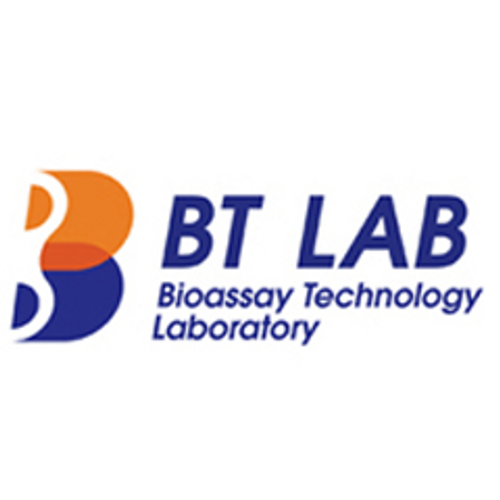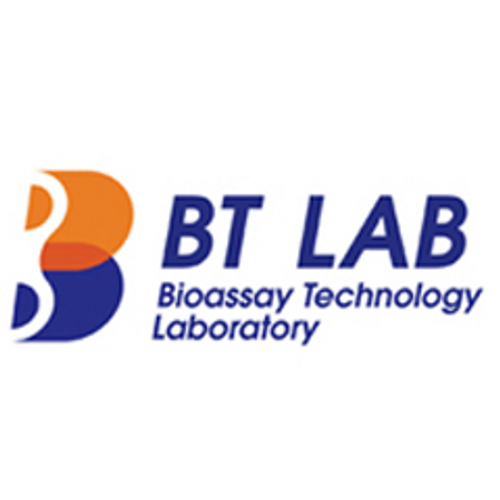Product Description
Human Defensins (DEF) ELISA Kit | AE58165HU | Abebio
Species Reactivity: Human (Homo sapiens)
Abbreviation: DEF
Alternative Name: N/A
Application: ELISA
Range: 62.5-4000 pg/mL
Sensitivity: 38 pg/mL
Intra-Assay: ≤3.9%
Inter-Assay: ≤9.7%
Recovery: 1, 02
Sample Type: Serum, Plasma, Other biological fluids
Detection Method: Sandwich
Analysis Method : Quantitive
Test Principale: This assay employs a two-site sandwich ELISA to quantitate DEF in samples. An antibody specific for DEF has been pre-coated onto a microplate. Standards and samples are pipetted into the wells and anyDEF present is bound by the immobilized antibody. After removing any unbound substances, a biotin-conjugated antibody specific for DEF is added to the wells. After washing, Streptavidin conjugated Horseradish Peroxidase (HRP) is added to the wells. Following a wash to remove any unbound avidin-enzyme reagent, a substrate solution is added to the wells and color develops in proportion to the amount of DEF bound in the initial step. The color development is stopped and the intensity of the color is measured.
Product Overview: The underlying genes responsible for defensin production are highly polymorphic. Some aspects are conserved, however, the hallmarks of a beta-defensin are its small size, high density of cationic charge and six-cysteine-residue motif. Generally they are encoded by two-exon genes, where the first exon encodes for a hydrophobic leader sequence and the second for a peptide containing the cysteine motif. There are three main (known) forms of mammalian defensins, alpha-defensins, beta-defensins, and theta-defensins. It is theorised that some of the pathology of cystic fibrosis arises from the inhibition of beta-defensin activity on the epithelial surfaces of the lungs and trachea due to higher salt content.
Stability: The stability of ELISA kit is determined by the loss rate of activity. The loss rate of this kit is less than 5% within the expiration date under appropriate storage condition. The loss rate was determined by accelerated thermal degradation test. Keep the kit at 37°C for 4 and 7 days, and compare O.D.values of the kit kept at 37°C with that of at recommended temperature. (referring from China Biological Products Standard, which was calculated by the Arrhenius equation. For ELISA kit, 4 days storage at 37°C can be considered as 6 months at 2 - 8°C, which means 7 days at 37°C equaling 12 months at 2 - 8°C) .
 Euro
Euro
 USD
USD
 British Pound
British Pound
 NULL
NULL












